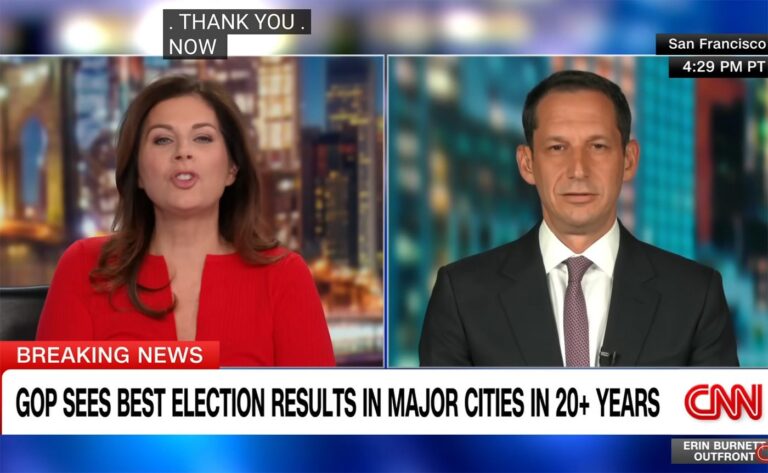Election Post-Mortems: Crime and Political Shifts in Liberal Cities
Democrats’ Reaction to Election Outcomes
Following the recent elections, Democrats have engaged in extensive analysis of their losses, particularly their diminished control over both the House and Senate. This ongoing evaluation reflects a broader concern over how the outcomes are shaping the narrative around a supposed national shift to the right.
The Margins of Victory
While Donald Trump won the popular vote, the margins in pivotal states like Wisconsin, Pennsylvania, and Michigan were remarkably narrow. Specifically, just over 30,000 votes in Wisconsin, about 70,000 in Pennsylvania, and 80,000 in Michigan demonstrate how close these electoral battles were. These numbers compel us to consider how the decisions of approximately 180,000 voters influenced the overall political landscape and the messaging surrounding it.
Current Political Landscape
In the Senate, control hinged on a mere two seats, and the House balance appears dependent on approximately five key races. Thus, the narrative of a significant rightward shift may be exaggerated when considering that Democrats have successfully flipped a comparable number of seats as Republicans.
Crime as a Central Issue
Crime concerns have surfaced as a primary issue even among Democratic voters. Influential figures, including Trump, have recurrently asserted that liberal policies and urban governance are culpable for rising crime rates, despite evidence indicating that violent crime is also escalating in staunchly conservative areas, such as Tennessee and Missouri.
The CNN Narrative
A recent segment on CNN featured Erin Burnett who addressed the perception that liberal cities are turning conservative mainly due to crime. The guest, Mayor-elect Daniel Lurie of San Francisco, attempted to position himself as a proponent of “common sense” policies, emphasizing the necessity for a fully staffed police department and a proactive approach to the city’s behavioral health and drug crises. Lurie asserts, “We don’t think of ourselves as progressive, moderate, or conservative here in San Francisco,” indicating a desire for a collaborative political approach.
Misconceptions About Police Funding
Burnett labeled outgoing Mayor London Breed as a prominent progressive figure and linked her diminished popularity to an alleged reduction in police funding and an increase in homelessness. However, these claims are misleading. In reality, Breed has reported a significant decrease in homeless encampments and a sizeable increase in funding allocated to the police department in recent years. The San Francisco Police Department’s budget has risen approximately 30% since Breed took office.
The Election Results
Despite the narrative of a rightward shift, Lurie’s victory was not by a large margin, with under 9,000 votes separating him from Breed in first-choice tallies. Current rankings indicate he leads by roughly 10 points overall, but the contest is far from definitive.
Conclusion: A Nuanced Perspective
The ensuing discussions in the media should account for the complex electoral dynamics rather than oversimplifying them to fit a narrative of shifting ideologies. While voter dissatisfaction exists nationwide, equating this with a uniform ideological shift among cities like San Francisco is misleading.



